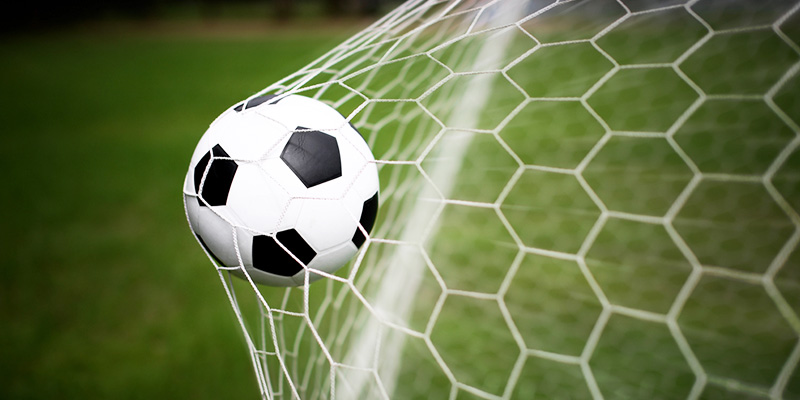The project is address to this objective: Participant partners deal with grassroot sports because It is increasingly recognized that sport plays a significant role in enhancing young peoples’ health and well-being. It provides positive experiences and contributes to a longer and healthier life. Sport is a source of physical, social and emotional well-being and has been shown to be strongly linked to building social cohesion and social capital among young people. Sport also have an educational impact. Sport-based programmes have been shown to improve the learning performance of children and young people, encouraging school attendance and a desire to succeed academically. It can be evidenced that participation in sport contributes to improved motor skills development and performance and educational potential. This shows the positive relationship between being involved in physical activities and psychosocial development. Through participation in sport young people learn about the importance of key values such as honesty, fair play, teamwork, respect for themselves and others and adherence to rules. A great many life influences may need to come together to enable young people to participate in sporting activity and enjoy all of the benefits that it can deliver however. For many access to sports grounds and equipment might not be easy, for others it might be that their families have not, previously, engaged in sporting activity. Partners implement sports because Sports will contribute to engaging young practitioners and families in the on-going dialogue about the ethical parameters enhancing tolerance and respect assuming particular responsibility on gender issues, a widening of horizons and the cultivation of greater cooperation, social and 21st century skills among trainers and sports people from various countries.
The project will implement a needs analysis: A in-depth analysis report will be produced, based on the most outstanding projects and initiatives collected and researched from existing documents and websites. We will look comparatively and descriptively at didactic approach, tools and instruments, environmental factors, etc. from a qualitative criteria. This report will be a key basis for following stage. The Report includes previous practices, how to implement them and conclusions on the topics in which project is focussed, the report will be in English but a summary will be provided also in Partner languages.The report will be avaliable for Ipads/tablets/mobiles and will include links to BP.

